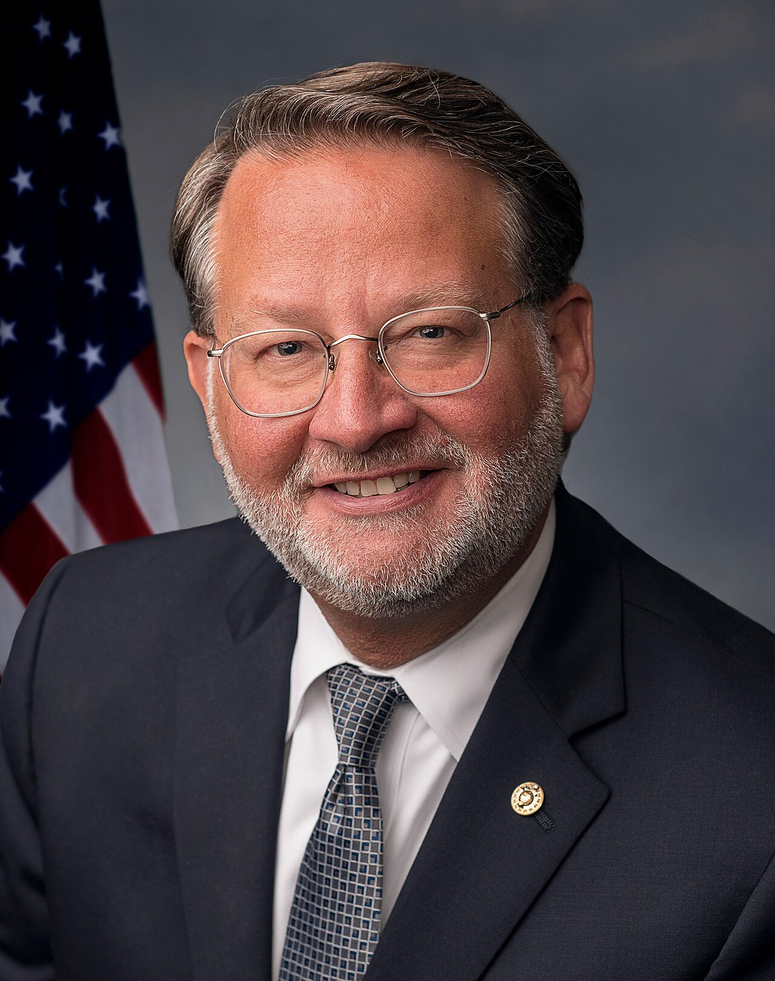S. 2181: Securing Our Propane Supply Act
This bill, known as the Securing Our Propane Supply Act, proposes the following actions to enhance the national propane supply chain:
Conducting a Study
The bill mandates that within 180 days after its enactment, the Secretary of Energy must conduct a study. This study will focus on the feasibility and effectiveness of creating a national strategic propane reserve, which would be separate from the existing Strategic Petroleum Reserve.
Key Elements of the Study
The study will be comprehensive and will include the following key elements:
- Current Supply Chain Assessment: Evaluate the current state of the propane supply chain to meet existing and projected consumer demands.
- Risk Assessment: Analyze risks associated with regional propane supply disruptions, including past and potential future causes.
- Evaluation of Locations: Identify suitable locations for a strategic propane reserve, the appropriate storage capacity for each location, and the infrastructure available for propane transportation and delivery.
- Infrastructure Needs: Assess additional infrastructure requirements necessary for the effective functioning of a propane reserve.
- Storage Management: Consider methods to prevent and manage the degradation of stored propane.
- Triggers for Release: Evaluate what criteria (such as price and supply levels) should be used to determine when propane from the reserve should be made available.
- Acquisition Strategies: Analyze how propane and storage can be acquired for the reserve without adversely affecting the market, focusing on both existing under-utilized and new storage opportunities.
- Delivery Mechanisms: Explore different methods for delivering propane from the reserve to the market when triggered.
- Consumer Analysis: Identify likely consumers of reserve propane, such as individuals, agricultural producers, and military entities, and understand their propane usage patterns and potential impacts from a strategic reserve.
- Market Implications: Assess the potential market consequences of establishing and managing a propane reserve, including impacts on prices and supply.
- Alternatives to a Reserve: Identify and evaluate alternative strategies that could alleviate supply and price issues during disruptions, rather than establishing a reserve.
Recommendations
Upon completing the study, the Secretary of Energy is required to develop recommendations. These will focus on:
- Whether a national strategic propane reserve should be established.
- If established, the most practical methods for implementing it.
Implementation Plan
Following the study, within another 180 days, the Secretary of Energy must draft a plan to implement the recommendations made. This promotes timely action based on the findings of the study.
Coordination with Industry
During the study and planning phases, the Secretary of Energy is encouraged to collaborate with representatives from the propane industry to ensure comprehensive input across the supply chain.
Reporting to Congress
The Secretary must provide a detailed report to two congressional committees, covering:
- The findings of the study.
- The proposed implementation plan.
Protection of National Security Information
Finally, before the report is submitted or published, the Secretary of Energy must take steps to protect sensitive national security information that may arise from the study or implementation plan.
Relevant Companies
None found.
This is an AI-generated summary of the bill text. There may be mistakes.
Sponsors
2 bill sponsors
Actions
2 actions
| Date | Action |
|---|---|
| Jun. 26, 2025 | Introduced in Senate |
| Jun. 26, 2025 | Read twice and referred to the Committee on Energy and Natural Resources. |
Corporate Lobbying
0 companies lobbying
None found.
* Note that there can be significant delays in lobbying disclosures, and our data may be incomplete.
Potentially Relevant Congressional Stock Trades
No relevant congressional stock trades found.

